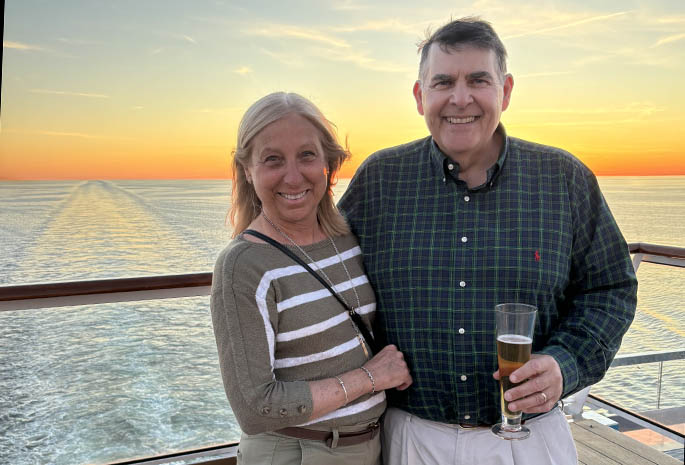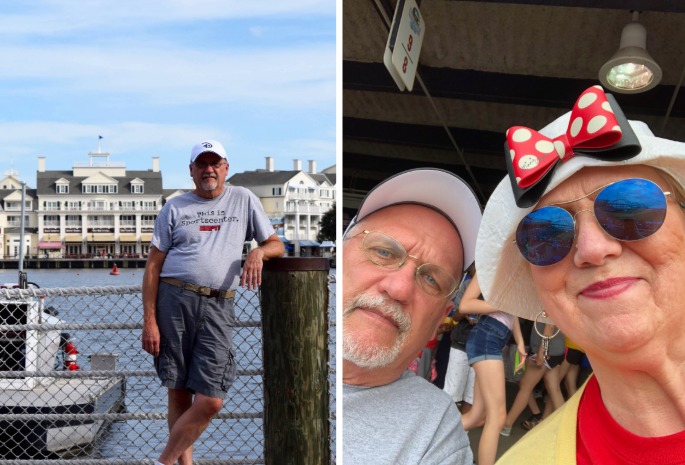At first, it just seemed like a bad cold, with symptoms that came and went. Over the next two weeks, however, Dan’s fever spiked as high as 105 degrees. A bout of the chills and concerning blood test results convinced him and Marcella that it was time to go to the hospital.
The couple chose nearby Emory Decatur Hospital, where the emergency medicine team responded quickly to Dan’s concerns. Turns out, he didn’t have a cold. He had mitral valve endocarditis, a bacterial infection of one of the heart’s four valves.
In healthy, young people like 33-year-old Dan, mitral valve endocarditis is rare. It can happen when germs enter the bloodstream during a routine dental cleaning or an injury that breaks the skin. The bacteria can attach to the heart valve if the person’s immune system doesn’t respond quickly enough.
“The worst headache of my life”
Doctors put Dan on antibiotics to fight the infection. However, Dan had a more immediate problem. This one started with an epic headache—the worst of his life. A brain scan detected a blood clot and bleeding in Dan’s occipital lobe, the part of the brain responsible for processing visual information.
Doctors concluded that a piece of infected tissue had traveled from his mitral heart valve to the occipital lobe. There, the infection lodged inside the artery walls, causing them to leak and bulge. It’s a condition called a “mycotic aneurysm.”
The care team quickly transferred Dan to the Neurointensive Care Unit (ICU) at Emory University Hospital. The next day, he and Marcella met with neurosurgeon Michael Cawley, MD to discuss treatment options.



 Dan spent six weeks recovering at home before going to
Dan spent six weeks recovering at home before going to 

